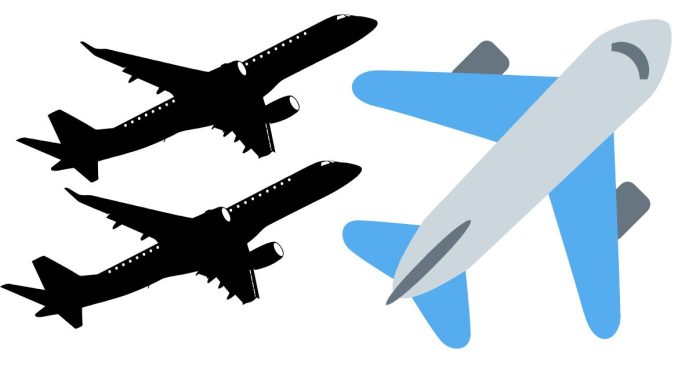Orville and Wilbur Wright Invented the First Powered Airplane
Orville and Wilbur Wright, commonly known as the Wright brothers, are celebrated as the inventors of the first powered, controlled, and sustained heavier-than-air flight. Their groundbreaking invention, the Wright Flyer, marked a pivotal moment in aviation history and laid the foundation for modern aircraft.
The Wright Brothers’ Achievement
On December 17, 1903, the Wright brothers made aviation history when they successfully flew the Wright Flyer near Kitty Hawk, North Carolina. The aircraft was powered by a lightweight internal combustion engine they had designed themselves and featured innovative controls for steering and stability.
Key Features of the Wright Flyer
- Powered Flight: Unlike previous gliders, the Wright Flyer had an engine that provided propulsion.
- Controlled Flight: The brothers developed a three-axis control system to manage pitch, roll, and yaw, ensuring stability and maneuverability.
- Sustained Flight: The Wright Flyer stayed aloft long enough to prove that powered, controlled flight was possible.
The First Flights
The Wright brothers conducted four flights on that historic day:
- First Flight: Orville piloted the Flyer for 12 seconds, covering 120 feet.
- Longest Flight: The fourth flight, piloted by Wilbur, lasted 59 seconds and traveled 852 feet.
Why Was This Invention Significant?
The Wright brothers’ powered airplane transformed transportation, warfare, and global connectivity. Their innovations demonstrated:
- The viability of powered flight.
- The importance of systematic experimentation and engineering in solving complex problems.
Legacy
The Wright brothers’ invention paved the way for modern aviation, revolutionizing how humans travel and connect across the globe. The Wright Flyer is now displayed at the Smithsonian National Air and Space Museum in Washington, D.C., as a testament to their ingenuity and determination.
Orville and Wilbur Wright’s powered airplane remains one of the most influential inventions in history, forever changing the course of human progress.


